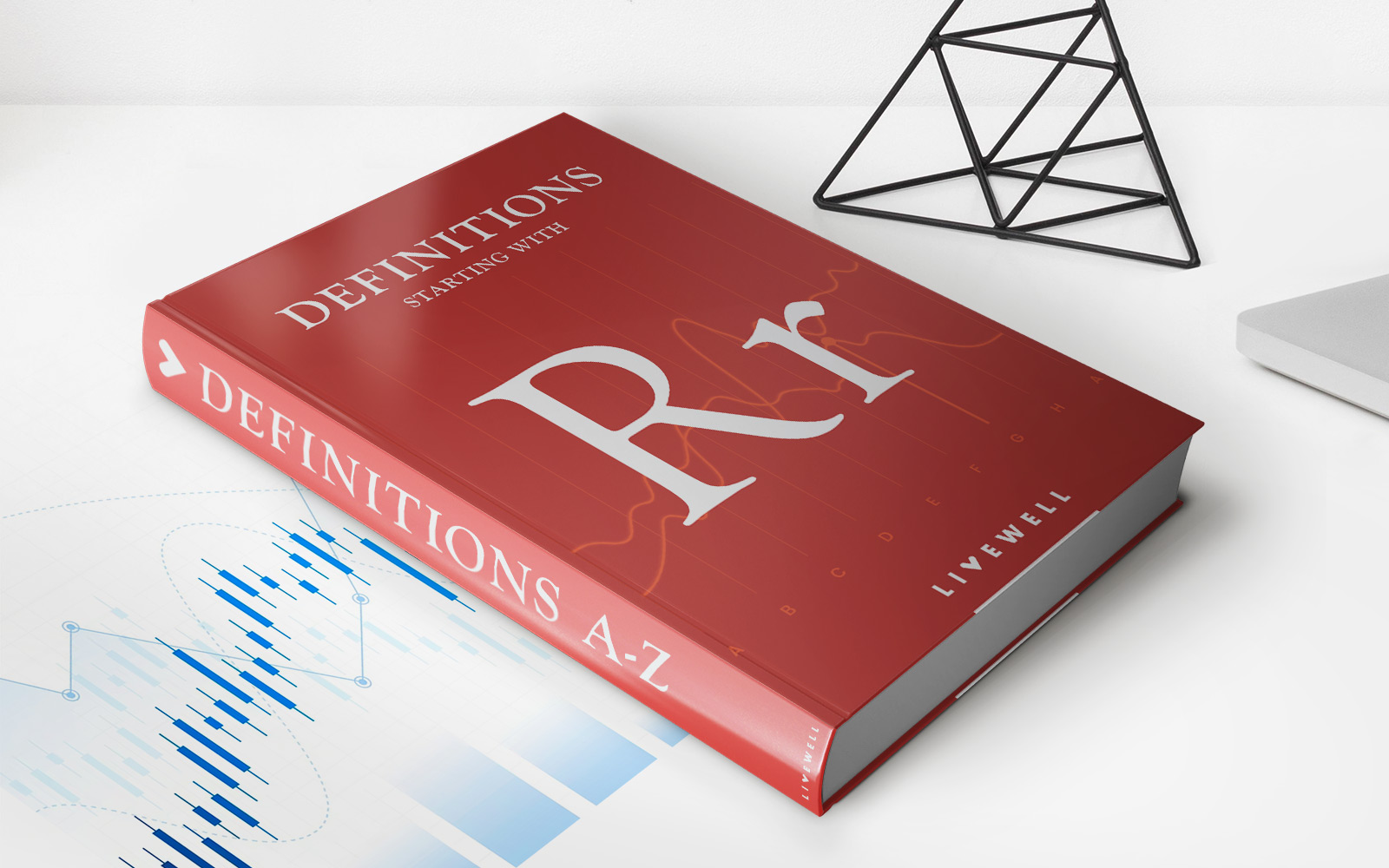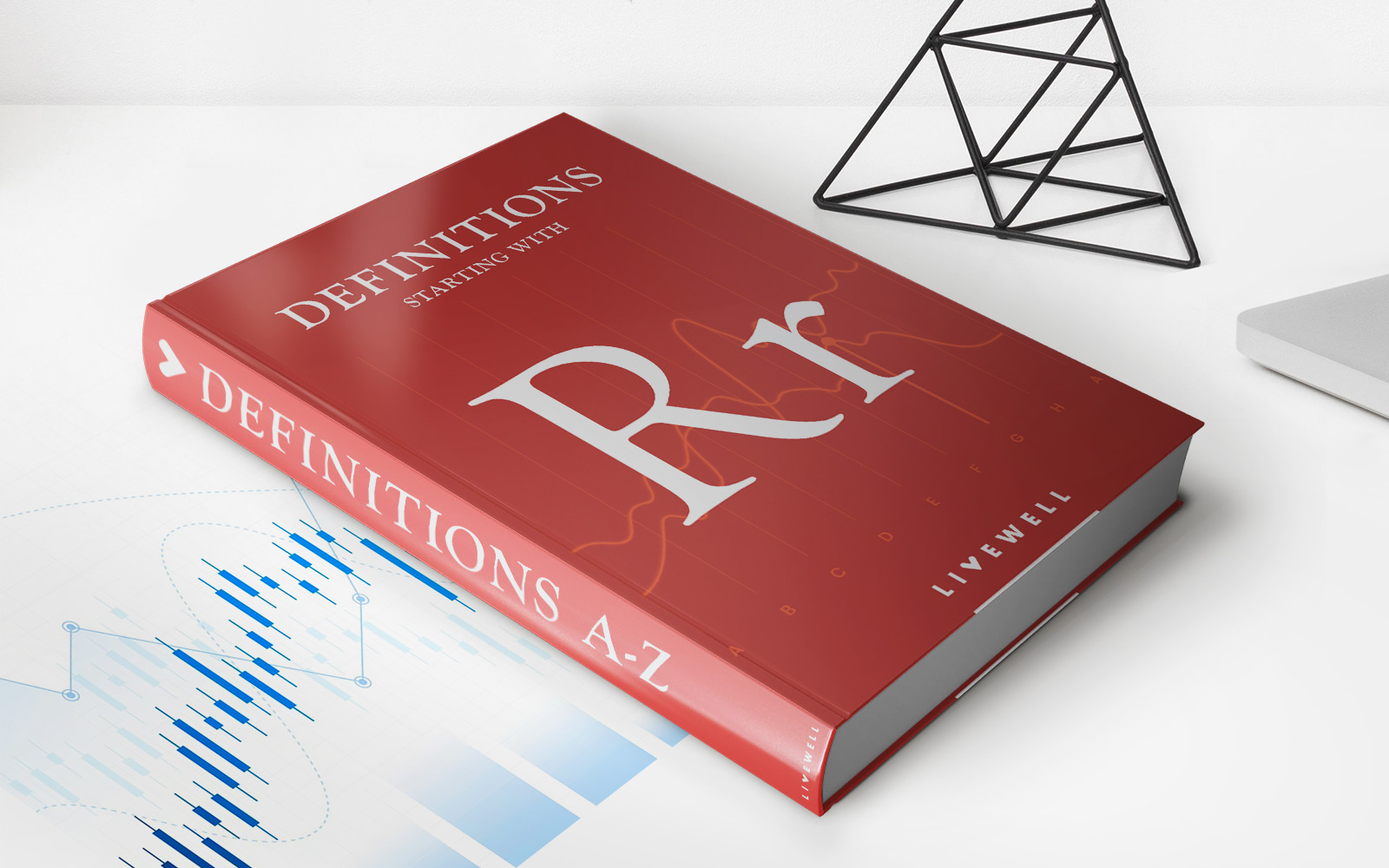

Finance
Capital Reserve Definition
Published: October 23, 2023
Looking for the definition of capital reserve in finance? Discover its meaning and importance in financial management.
(Many of the links in this article redirect to a specific reviewed product. Your purchase of these products through affiliate links helps to generate commission for LiveWell, at no extra cost. Learn more)
Understanding Capital Reserve: A Cornerstone of Financial Stability
When it comes to managing our finances, having a solid understanding of key financial concepts is crucial. One such concept that plays a vital role in maintaining financial stability is capital reserve. In this article, we delve into what capital reserve is, its importance, and how it can impact individuals and businesses alike.
Key Takeaways:
- Capital reserve is a portion of retained earnings or surplus funds set aside by a business or individual to provide a financial buffer.
- It serves as a safeguard against unexpected expenses, economic downturns, or other financial challenges.
Defining Capital Reserve
Capital reserve can be seen as a financial safety net, a reservoir of funds set aside by a business or an individual to ensure they have resources available when needed. This reserve acts as a buffer against unforeseen circumstances such as economic downturns, market fluctuations, or unexpected expenses.
In simple terms, capital reserve represents a portion of retained earnings or surplus funds that are not distributed as dividends or used for normal business operations. It is kept separate and earmarked specifically for emergencies or future growth opportunities.
The Importance of Capital Reserve
Capital reserve provides financial stability and flexibility, acting as a safety valve that cushions the impact of unexpected events. It helps businesses and individuals weather storms, whether that be a sudden economic downturn, a disruption in the industry, or an unforeseen expense.
Here are a few key reasons why capital reserve is important:
- Financial Security: Capital reserve acts as a financial backup, allowing businesses and individuals to navigate through challenging times without resorting to debt or liquidating assets at unfavorable terms.
- Growth Opportunities: With a capital reserve in place, businesses can seize growth opportunities when they arise, accelerate expansion plans, or invest in new technologies without depending solely on external financing.
- Creditworthiness: A strong capital reserve signals financial stability to lenders, investors, and stakeholders, enhancing the creditworthiness of businesses or individuals seeking funds.
The Impact of Capital Reserve
The presence or absence of capital reserve can have a significant impact on the financial health and stability of both businesses and individuals.
For businesses, having a robust capital reserve can mean the difference between survival and closure during tough economic times. It provides a cushion to cover operational costs, maintain employee salaries, and sustain essential operations until business conditions improve.
On the individual level, having a capital reserve can provide a sense of security and peace of mind. It helps individuals navigate through unexpected expenses, such as medical emergencies, car repairs, or sudden job loss, without jeopardizing their financial well-being or resorting to high-interest debt.
Wrapping Up
Capital reserve serves as a financial stronghold, providing stability, security, and flexibility to businesses and individuals alike. It acts as a safety net against uncertain economic conditions and unexpected expenses. By setting aside a portion of retained earnings or surplus funds, both businesses and individuals can ensure their financial well-being and seize growth opportunities when they arise.
Remember, understanding and implementing the concept of capital reserve is an important step towards achieving long-term financial success and peace of mind.














